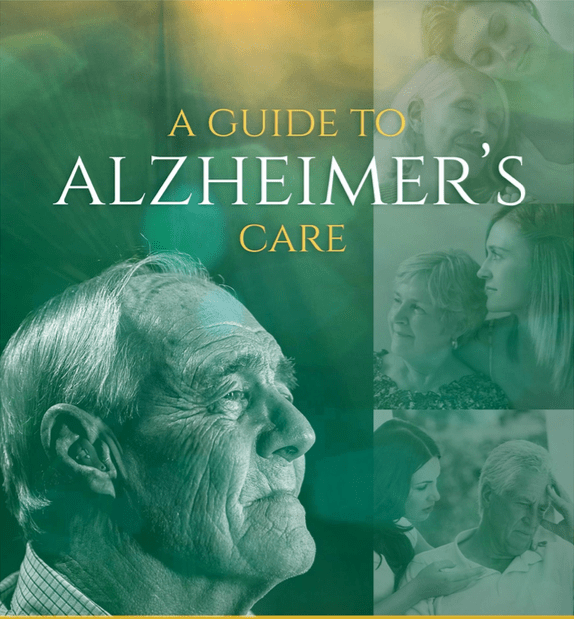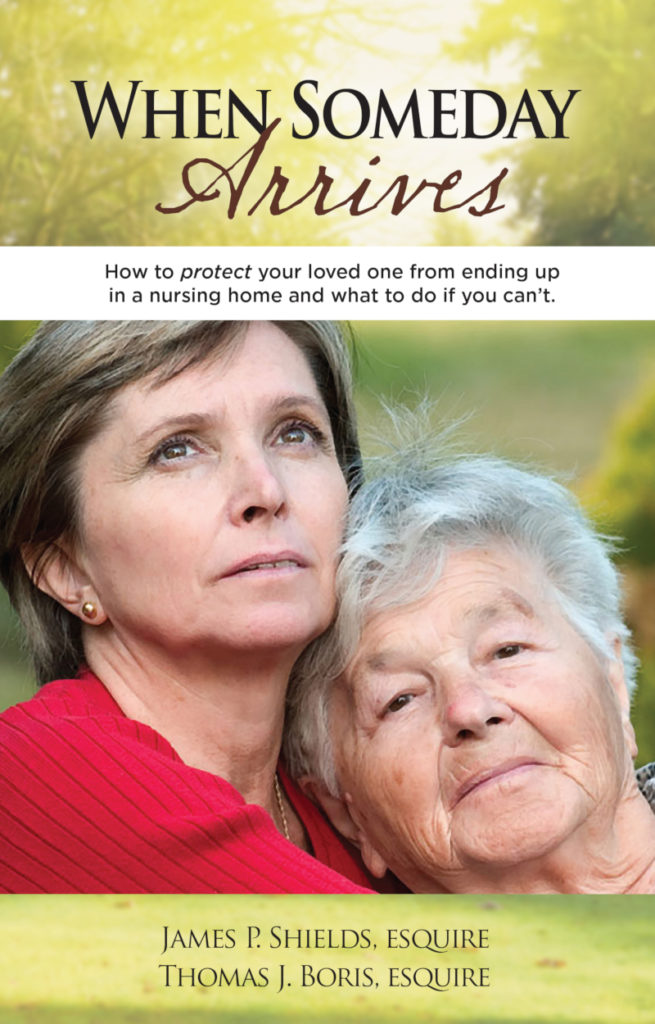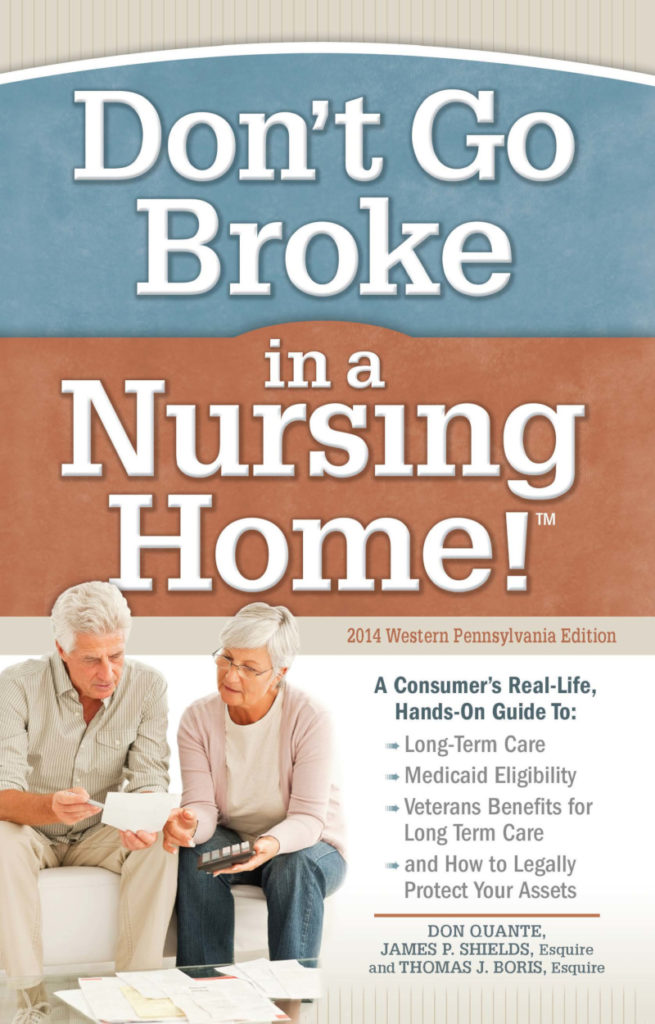6 Things to Look for in a Nursing Home
Posted on March 25, 2022 by shieldsandboris
1. How does the food appear?
Enjoying a meal with your loved one in the nursing home cafeteria not only boosts their spirits, but can give you an idea of how well he or she is eating. Appetite changes are very common in dementia patients. Just because the meal is well balanced does not necessarily mean it is appetizing.
The nursing home should have a procedure in place to record how much food a resident eats at each meal. If you notice your loved one is not eating the cafeteria food but will eagerly eat food you bring in from outside, mention it to the staff. Changes to their meal plan might be possible.
2. What do you hear?
Residents moaning or yelling “help” might be unsettling, but they are rarely signs of poor treatment. This can also be a common side effect of diminished capacity. Pay attention to how staff members address their residents.
Staff should address residents by their names, instead of “Mama” or “Grandpa.” Staff should ask residents how they want to be addressed. The older generation is generally used to being referred to as Mr. or Mrs. So-and-so.
3. Is the staff overworked?
Ask the nursing assistants and other staff if they work a lot of overtime and double shifts. If so, that’s a sign of short staffing that can affect patient care.
Ask the director of nursing for the home’s staffing ratios. You can also check their staff ratio rating on the Nursing Home Compare tool at Medicare.gov.
4. How do residents spend their free time?
Don’t be alarmed by the crowd of residents circling the nurses’ station or watching people come and go through the front door. This is actually a good sign! Your loved one being around other residents is much better than being tucked in a room alone with the TV on.
Quality nursing homes have a daily calendar of activities in which your loved one can participate. If they are room-bound, activities should be brought to his or her room.
5. How does the staff interact with each other?
While you are visiting, take a few minutes to eavesdrop on the aides and nurses. If the staff is rude to each other, they’re going to be rude to your loved one.
Be aware of how staff spends time once all their daily tasks have been finished. Are they gossiping with each other or are they making time to sit and talk with the residents? If you see three nurse’s aides giggling over a book and a bunch of residents sitting around in wheelchairs looking bored, that’s not a good environment.
6. Are personal care needs being met?
If your loved one is incontinent, ask how many times a day her adult diapers are changed. Keeping the area clean and dry can avoid wounds. Some residents require changes as frequently as every two hours. The certified nursing assistants should know the different routines of residents and manage accordingly.
If you have issues with your loved one’s care, your first conversation should be with the unit manager for their floor. If that conversation doesn’t resolve the issue, continue up the chain of command.
Seeing your loved enter into a nursing home can be stressful. That is why we work closely with you and your family to review all of the health care, financial, and asset protection planning options so you can make the best decision. If you have questions or want to discuss planning, contact us to discuss how we can help your loved one preserve their legacy.




